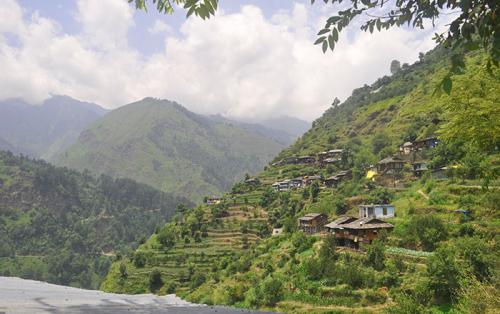
New and efficient cookstoves have long been promoted by non-governmental organizations, policy makers, and academics as a panacea for many of the problems facing rural India, from slowing deforestation and improving public health to alleviating the daily drudgery for Indian women. But these are problematic assumptions, says Deepti Chatti, a Ph.D. candidate at the Yale School of Forestry & Environmental Studies [F&ES] who studies rural household energy transitions in India.
“When I first got into this area of research, I found a lot of literature talking about the adoption of stoves, but not really looking at the households,” Chatti said. “And I really felt if one wanted to look at why households are adopting or not adopting certain stoves, why households were doing what they were doing, one of the best ways to do it was with the people you’re trying to understand.”
As one of nearly 20 students whose international research projects are being funded this summer by the F&ES-based Tropical Resources Institute (TRI), Chatti has the opportunity to do just that. Founded 31 years ago, TRI supports independent research through competitive grants, and provides both training and networking opportunities for students.